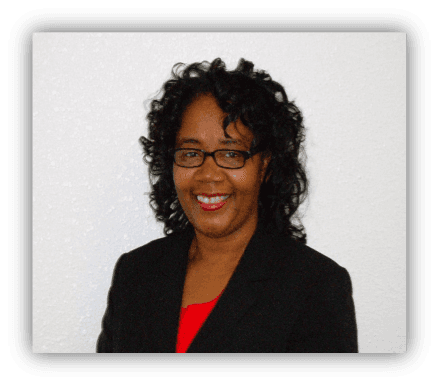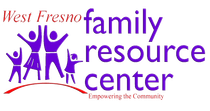OurMission & Values
We are dedicated to provided opportunities for all young people to live a better life. Our donations are given to all children in need, without regard to their race, religion, or background. We strive to create a better world, and we thank all of you for helping us to achieve that.
Established in 2001, West Fresno Health Care Coalition (dba: West Fresno Family Resource Center), a 501(c)(3) nonprofit organization, serves residents of one of the poorest metropolitan communities in California’s Central Valley, Southwest Fresno and beyond.
Its mission is: “to empower and support the West Fresno community to achieve optimal health and well-being.” A trusted and respected community partner with a strong record of providing culturally and linguistically effective, neighborhood and community-based services, to more than 5,000 annually, WFFRC conducts outcomes-based health improvement and illness prevention program activities through education, outreach, counseling and advocacy in the areas of prenatal education, school readiness, health insurance access, diabetes and chronic disease management, mental health, and workforce development support.
A grassroots, organization, WFFRC constitutes a board and staff that reflect a multicultural organization that is intimately familiar with the issues and concerns that impact the community. At the invitation of the City of Fresno’s Parks and Recreation department, since August 2014, WFFRC has assumed a leadership role in the operation of the Maxie Parks Community Center (Formerly, California and Elm Community Center), a City-owned facility where our programs are offered. The 16,466 square feet facility contains an NBA-sized gymnasium with 1,300 seating, male and female locker rooms with showers, computer lab, on-site industrial size kitchen, dual purpose meeting rooms, programs for recreation and fitness, and future designed green space. This facility is intended as a “One Stop Shop” for community support services as well as programs providing access to academic, experimental learning, enrichment, recreational, and healthy lifestyle activities to broaden life experiences and well-being of disadvantaged Southwest Fresno youth and their families. WFFRC seeks to further leverage the resources of other collaborative partners that can provide complementary services such as afterschool programs including tutoring and computer literacy; mentoring programs for boys and girls; career development and job training; college preparation and GED training; and peer support.
Our Board
The members of our board of directors are thought leaders who have made a significant contribution to our society. Each and every one of them brings a unique set of skills and expertise to our organization.

LETTER FROM THE EXECUTIVE DIRECTOR
Yolanda Randles
West Fresno Family Resource Center (WFFRC) Board and Staff is excited for its partnership with the City of Fresno in taking the lead role in operating the Maxie L. Parks Community Center and the Mary Ella Brown Community Center. WFFRC is dedicated to making a difference in our community by implementing programs that strengthen families. We believe “Strong Families equal a Healthy Community.” WFFRC goals are to: strengthen family functioning; increase family economic self-sufficiency; and expand West Fresno’s capacity to support children and families.
With input from variety of community stakeholder, WFFRC has broadened its scope of services beyond providing culturally and linguistically effective, community-based services that is focused on health improvement and illness prevention. Building on our 15 years of experience, we actively working in partnership with a multidisciplinary team of partners, (e.g. County agencies, community-based organizations, school districts businesses, faith based leaders, financial institutions, economic development organization, higher education and neighborhood residents) to provide families, children and individuals, access to integrated, comprehensive support services.
Sincerely,
Yolanda Randles,
MPH Executive Director

